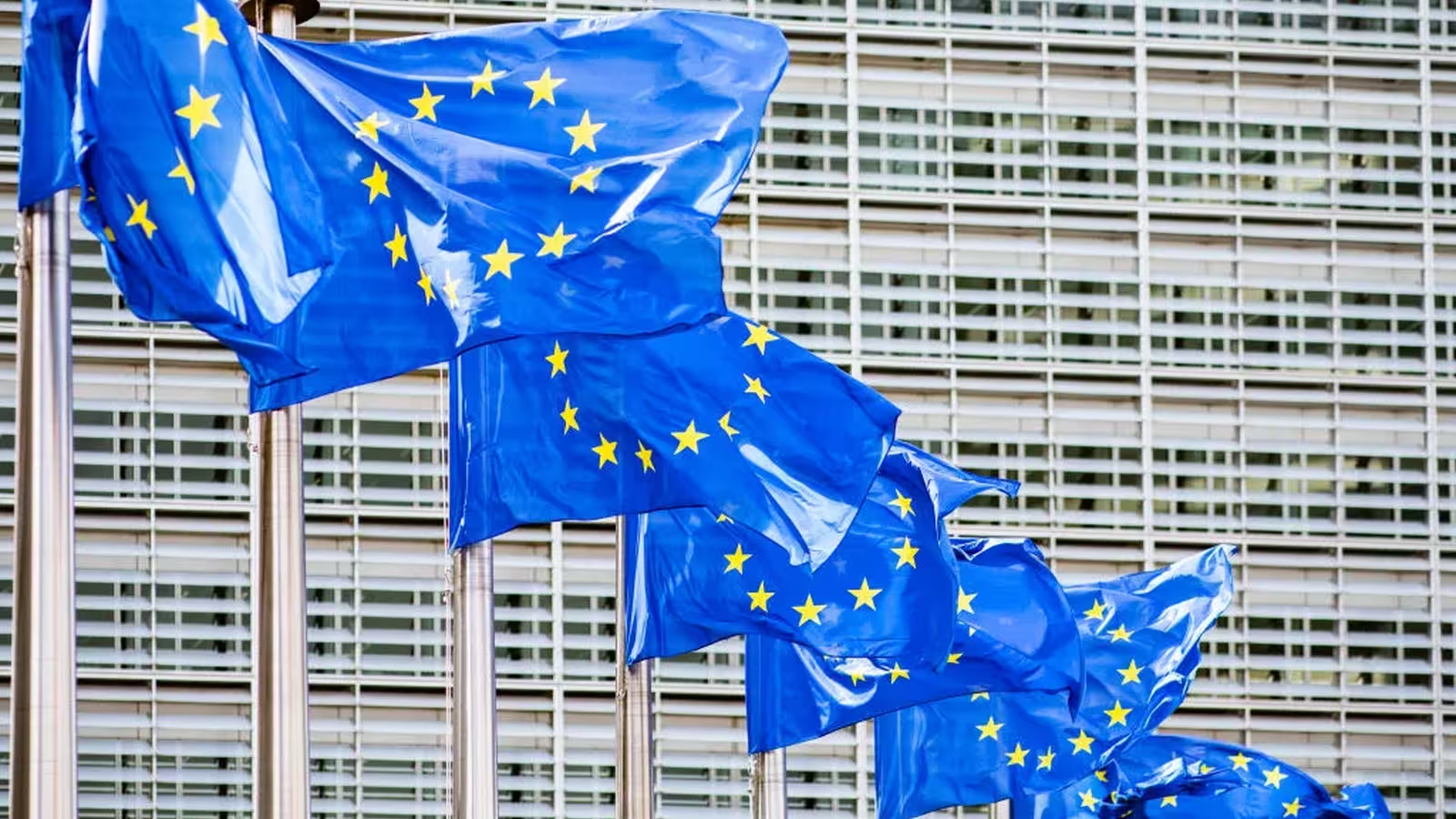3 Minutes
As reliance on American technology giants continues to grow, European governments are expressing heightened concerns about digital sovereignty and data control. According to a recent New York Times report, several European leaders are now reassessing their use of U.S.-based cloud services, productivity tools, and communication platforms in the wake of controversial political developments.
Triggering Event: U.S. Sanctions and Its Ripple Effects
Tensions escalated when the U.S. administration, under President Donald Trump, targeted Karim Khan, the chief prosecutor for the International Criminal Court (ICC), following the ICC’s decision to issue arrest warrants for Israeli officials. Responding to the sanctions, Microsoft, one of the world's leading tech firms, deactivated Khan’s email account. This move fueled European fears about the risks of dependence on American cloud and email solutions, as key services can be abruptly withdrawn due to external pressures.
European Shift Toward Alternatives
This incident served as a wake-up call for many European institutions. Former diplomat Casper Klynge, who has worked with Microsoft, described the company's reaction as the "smoking gun" prompting European organizations to explore secure, locally-controlled alternatives. Notably, some ICC staff have transitioned to Proton, a privacy-centric Swiss email service emphasizing data privacy and compliance with strict European legal standards.
Emerging Solutions: Data Sovereignty and Cloud Autonomy
In response to growing scrutiny, Microsoft has revised its policies to better safeguard customers in politically sensitive situations. The tech giant also highlighted that it did not suspend the email accounts of ICC judges who were sanctioned recently. Continuing its efforts to reassure European clients, Microsoft CEO Satya Nadella unveiled new "sovereign solutions" focused on data localization, custom controls, and compliance tailored for European institutions.
Comparison of Key Features and Competitive Landscape
Traditional U.S. cloud platforms like Microsoft 365 and Google Workspace offer advanced features, global support, and scalability. However, European alternatives such as Proton and Nextcloud are gaining traction thanks to their focus on user data protection, GDPR compliance, and local hosting. For government agencies, non-profits, and enterprises handling sensitive information, these privacy features provide a compelling advantage.
Market Relevance: Will Europe Reduce Its Reliance on U.S. Tech?
As digital sovereignty becomes a central issue, the European tech market is witnessing increased investment in homegrown cloud, email, and collaboration tools. This trend reflects a broader desire for autonomy, resilience, and the ability to enforce local compliance standards in an increasingly complex geopolitical environment. For technology decision-makers in Europe and beyond, the ability to choose secure, compliant, and reliable ICT infrastructure is now more critical than ever.
Source: techcrunch



Comments